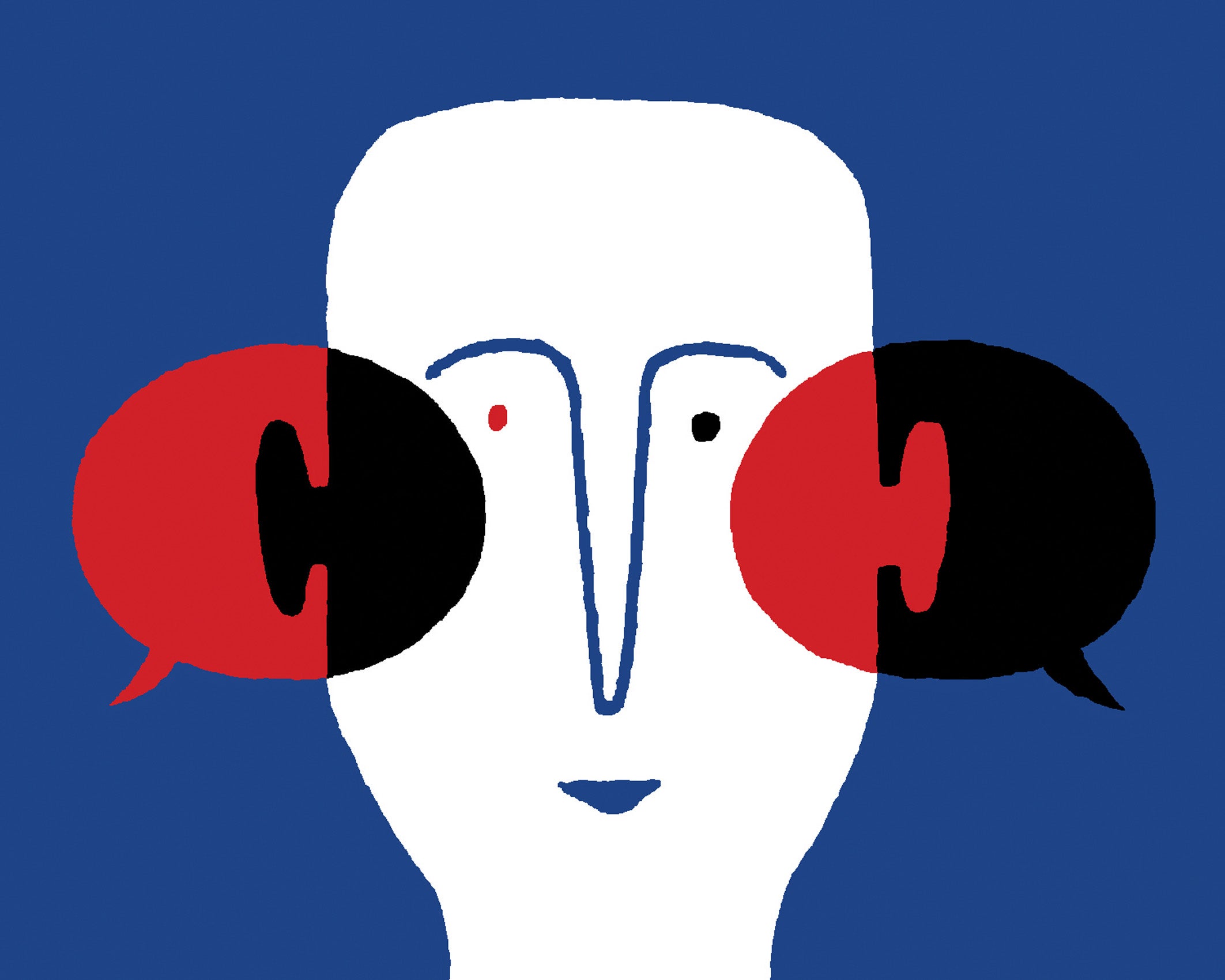With his new book, “Persuasion: Getting to the Other Side,” Harvard Law School Professor Joseph Singer ’81 seeks to help lawyers and the general public make reasoned arguments, promote civil discourse, and consider alternative perspectives. Although you can’t change someone’s mind, he writes, “you can help that person change her own mind by connecting your argument to something she already believes and values.” In an interview with the Bulletin, dSinger spoke about the value of lawyers’ techniques of persuasion, how to decide which side gives the best argument, and the effort to convince people to take unprecedented actions in the midst of the coronavirus pandemic.

What inspired you to write about persuasion?
Joseph Singer: I do a lot of work in my teaching on helping students make arguments on both sides of contested questions of law. To do that, they have to anticipate what the debate would look like. This is not just a matter of interpreting rules and applying them as if it’s math. It requires normative arguments about values, including basic things like liberty and equality and justice and autonomy and privacy. And there was nothing out there that summarized the various arguments lawyers make and put them in a digestible form. The second reason I wrote it is, given our state of partisan politics, I think many people have lost the ability to talk across differences. And I actually think lawyers have lots of very helpful techniques to talk about divisive questions of justice and law and public policy, and it would be useful for a general audience to find out how we do this.
Part 1 of your book is called “Persuasion in a Politically Divided Age.” If you are faced with someone on the other side of the divide, what is the best way to persuade that person?
There’s no magic bullet that will change someone’s mind. But there are things you can do so you actually can have a real conversation. The first thing is to recognize that we have shared values. People may sometimes think that someone who is on the opposite side of an issue is completely different and doesn’t share the same values. But even in the most contentious issues, we have a lot more in common than people realize. Often we caricature other people’s arguments and put them in their worst light instead of their best light. And being able to listen to other people and to figure out what they’re really saying and what values are shared between you is a way to allow conversations to happen.
When you’re weighing two sides of an issue, if you’re a judge or on a jury, how do you decide who should win?
Well, welcome to being a human being! If you think about any hard decision in your life, you might look at a list of pros and cons to help you. But you’re not going to then give numerical values to everything and add it up and do whatever it says. When a hard case is hard, that’s because there are good reasons to go either way. It’s because there are competing values or competing interpretations. There’s no theory; there’s no set of rules; there’s no set of arguments that’s going to make it easy for us. At that point, you have to figure out how to justify the decision. What’s really great about the way our legal system works is that judges at the appellate level have time to think these things through and write out an opinion that tries to justify the result. The judge that I clerked for told me that the most important audience for any opinion is the losing side. He wanted us to write an opinion that showed we listened to the losing side’s arguments. The idea was to give an argument that they could accept.
What do you think is the best way to persuade people, particularly young people who may not feel in personal danger, to take actions like self-distancing to help stem the coronavirus pandemic?
Religious language has actually been helpful here for people to think not just about themselves but about others. Also to remind people about those they care about, including their parents and grandparents and teachers and people they know. If you try to explain facts to people—facts like if you don’t engage in social distancing, you might be unwittingly causing harm to others, including those who are most vulnerable in society—then people will not want to cause harm to others. A sense of social obligation is one that I think is universal.
